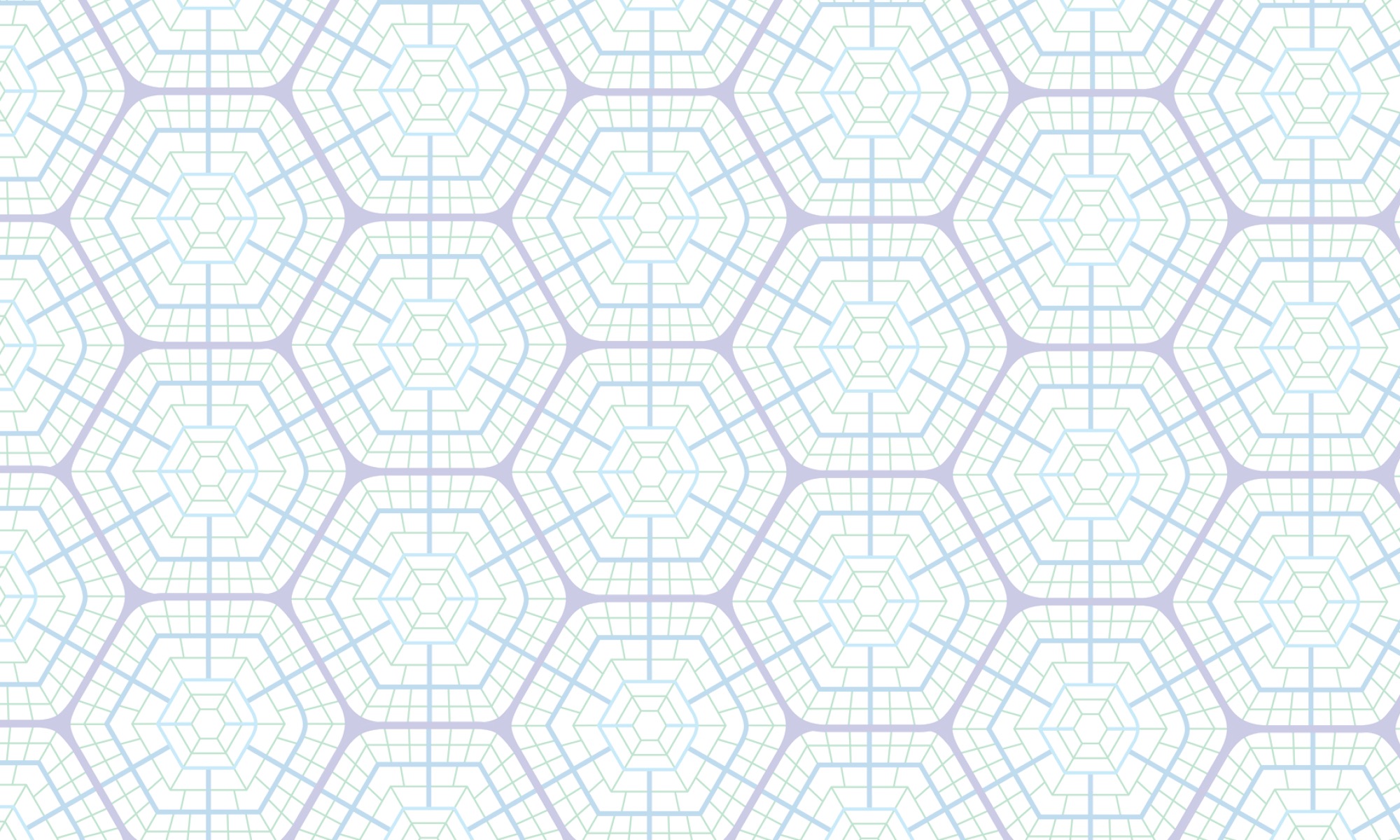Pukika is conducting research to develop a self-sustaining cities operating system. This tool would allow us to run cities that decide to become self-sufficient, that is, to produce all the services and goods a modern city needs. We propose self-sufficiency as a potential solution to the severe environmental degradation and inequality challenges humanity faces today.
Pukika OS is a framework of algorithms within a bundle of software (an application network) that links human economic activities to the ecosystem where the city lies. Pukika OS keeps inventories, projects and incorporates feedback loops from changes in the ecosystem or the priorities of the citizens. Pukika OS is tasked with:
— Tracking the resources available to the community in real time.
— Projecting how those resources can be used according to the economic activities the city has defined previously.
— Integrating the externalities of such economic activities , for example, how pollution form industrial production can deteriorate the quality of the water table, for which additional resources must be assigned.
— Mapping how the different sectors and industries in the city are performing and maintaining an equilibrium.
Pukika is an experimental, long-term project for communities and governments prepared to think and act outside the box. A city that produces everything it needs locally is not concerned with economic growth; it’s focused on maintaining the equilibrium of its own ecosystem. A city integrated to its ecosystem goes beyond our current paradigms of economic performance and smart cities. Pukika seeks to facilitate the emergence of new paradigms that may lead to a more mature and advanced human civilisation.
WHAT’S AT STAKE?
Today, 55% the human population lives in cities and the percentage will continue to rise. By the year 2100, global population will increase by 1 to 3 billions. Meanwhile, urban population will grow from today’s 4.5 billion to 8 to 9 billion. Most of this urban explosion is happening in developing countries.
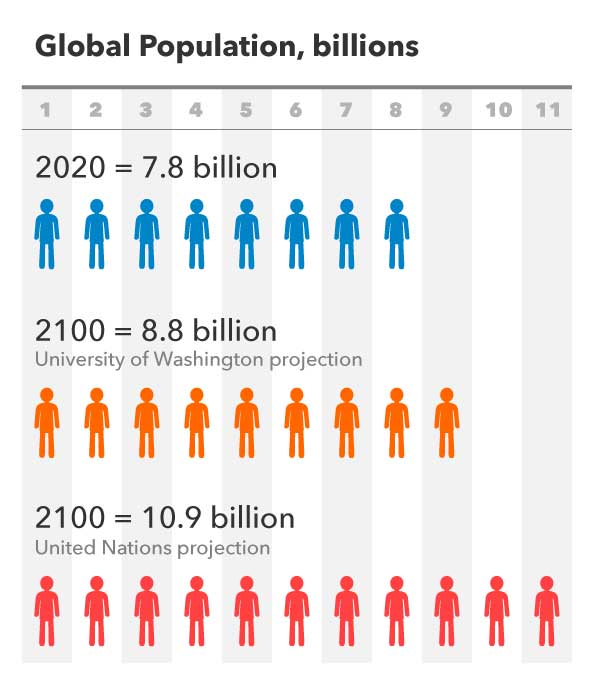
Today, we are just expanding cities that use an urban model designed for cars. The result is skyscrapers for the middle-class and slums for the poor. Our economic model regards inequality, pollution and the destruction of ecosystems as a matter of fact thingy.
Whatever happens in cities has a profound impact on the planet. It is evident that we don’t know how to manage the earth’s resources, and environmental destruction continues at full speed.
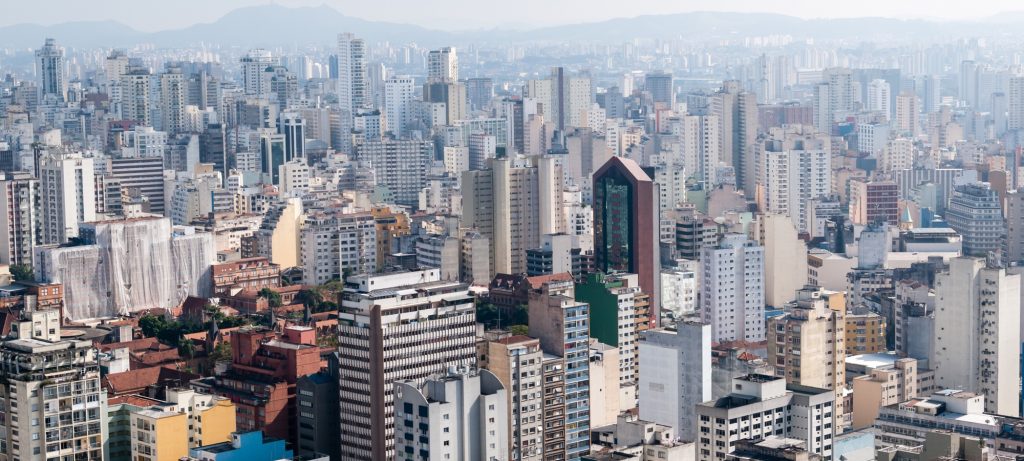
SELF-SUFFICIENCY: A MORE ADVANCED CIVILISATION
We are proposing a self-sustaining city model because it represents the ultimate efficiency in human and natural resources management. We are not making a stand against free-market and globalisation; they have played a centre-stage role in advancing humanity. However, it’s time to enter a new stage of civilisation where cities integrate to their ecosystems. Today, we have the technology to make cities more responsible for their consumption and accountable for the pollution they cause.
Self-sustaining cities are metropolitan areas that meet their own food, energy and water needs; while they strive to increase the share of local production of furniture, textiles and other goods that are reasonably possible to produce within the local ecosystem. These cities also promote a leading role for local companies in the service sector.
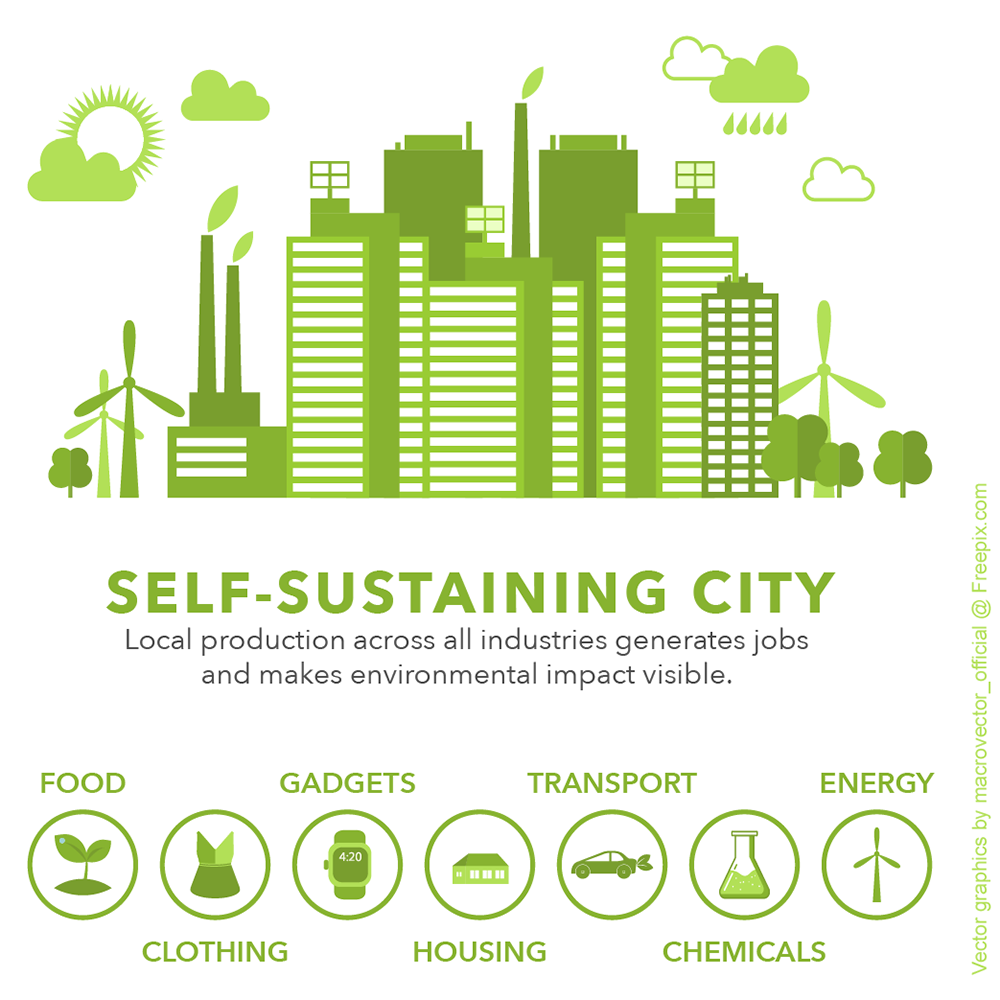
Self-sustaining cities can generate more jobs for the community, while local products, such as food, are more likely to be healthy. These cities reduce their environmental impact because they require less energy and packaging to get products to the consumers—compared to bringing them from the other side of the world. Perhaps the most important effect of self-sustaining cities is that, by placing on our doorstep the pollution derived from our consumption, it induces a more mature consumption behaviour.
VISION
Pukika is an experimental, long-term project for communities and governments prepared to think and act outside the box. A city that produces everything it needs locally is not concerned with economic growth; it’s focused on maintaining the equilibrium of its own ecosystem. A city integrated to its ecosystem goes beyond our current paradigms of economic performance and smart cities. Pukika seeks to facilitate the emergence of new paradigms that may lead to a more mature and advanced human civilisation.
Our long-term objective is to facilitate the construction of a greenfield self-sustaining city. Building a city from scratch would allow us to incorporate systems that would be too expensive or politically risky in an existing city. Such a self-sustaining city would pave the way for a new generation of cities that protect the planet and foster equality among the community.
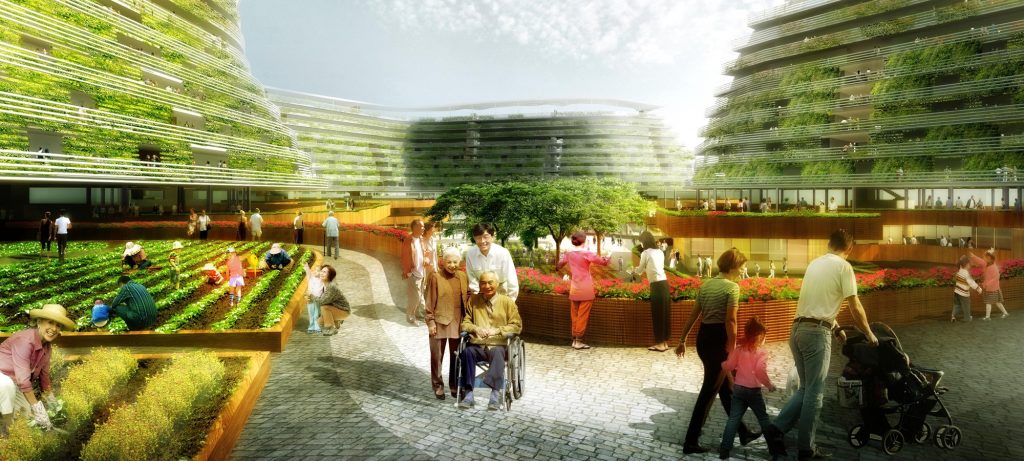
PILLARS OF PUKIKA
To actually build a self-sustaining city, the most important changes to implement are those regarding Lifestyle and Behaviour. An open mindset to define new trends in lifestyle are required to leave behind the consumerist and anthropocentric approach we share today.
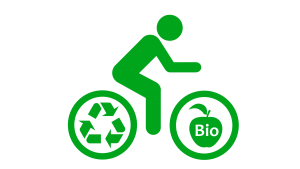
Circular Economy, Sharing Economy and Cradle-to-Cradle manufacturing form an important pillar of self-sustaining cities. To manufacture locally whatever a modern society needs, we must adopt a responsible management of resources, clean means of production, and find ways to convert waste into an input useful to the ecosystem.
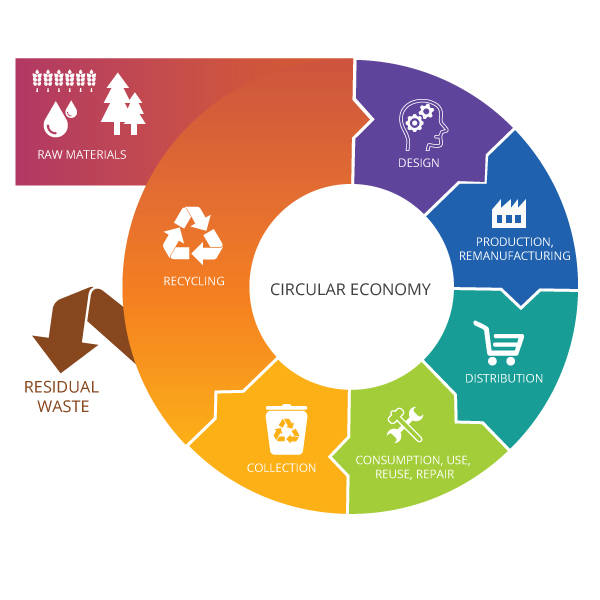
Self-sustaining cities adopt Fractal Urbanism, a new approach to urban planning that uses fractals to determine what gets built and where. It is based on the principle that small changes can have a large-scale impact on cities, and optimising what gets build reduces the demand of resources and energy. Also, fractal urbanism allows us to zoom in and guarantee that all citizens have all their needs met, from nearby daycare centres, to hospitals, gyms and shops. Optimising the offer of facilities at the different scales in a city represents an improvement in the quality of life of its citizens.
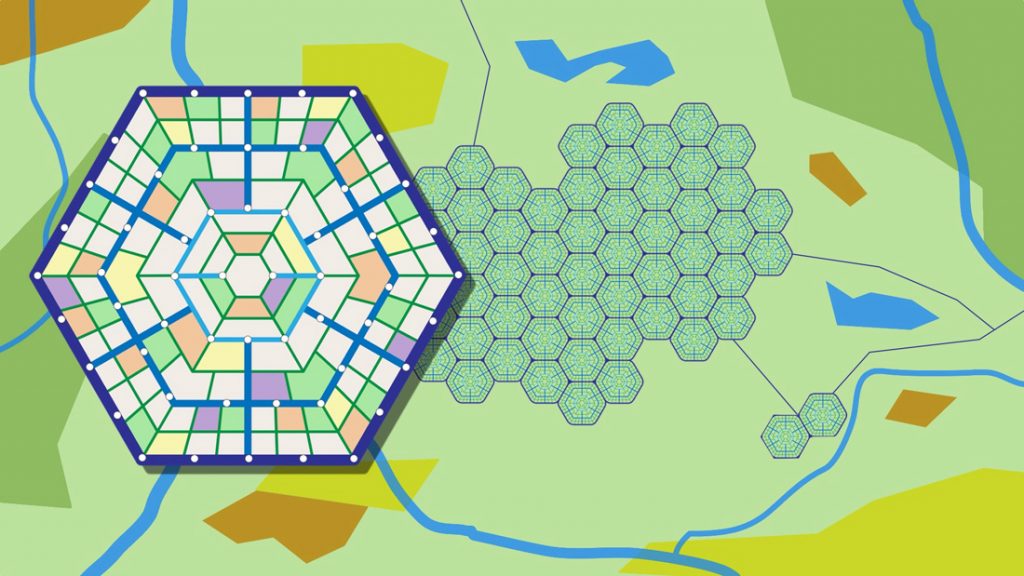
Other pillars of a self-sustaining city are Decentralised Direct Democracy, where all citizens can make day-to-day decisions in the sectors where they work, as well as voting on general decisions. Universal Healthcare and a Modular Education System are also part of Pukika’s development model.
